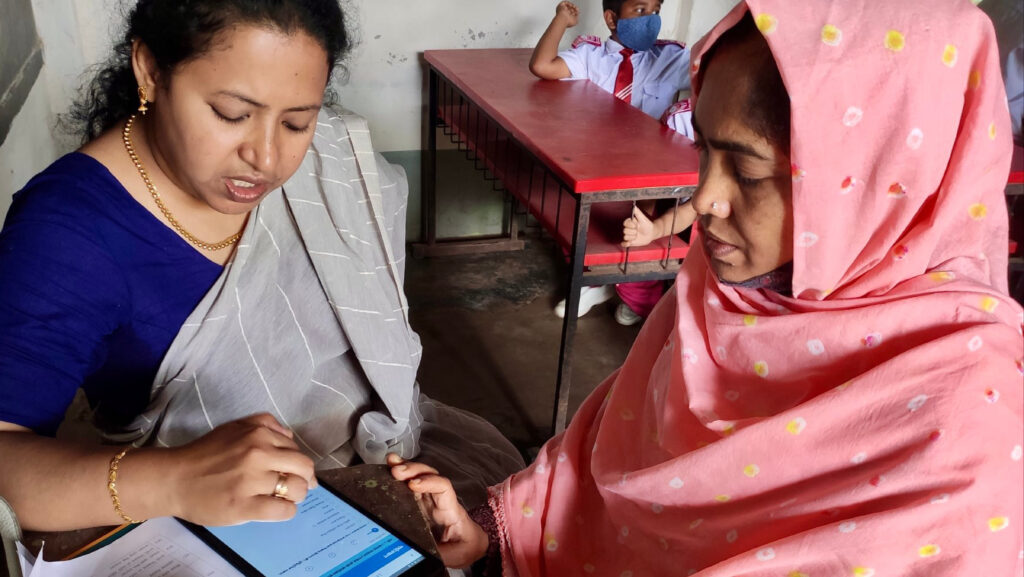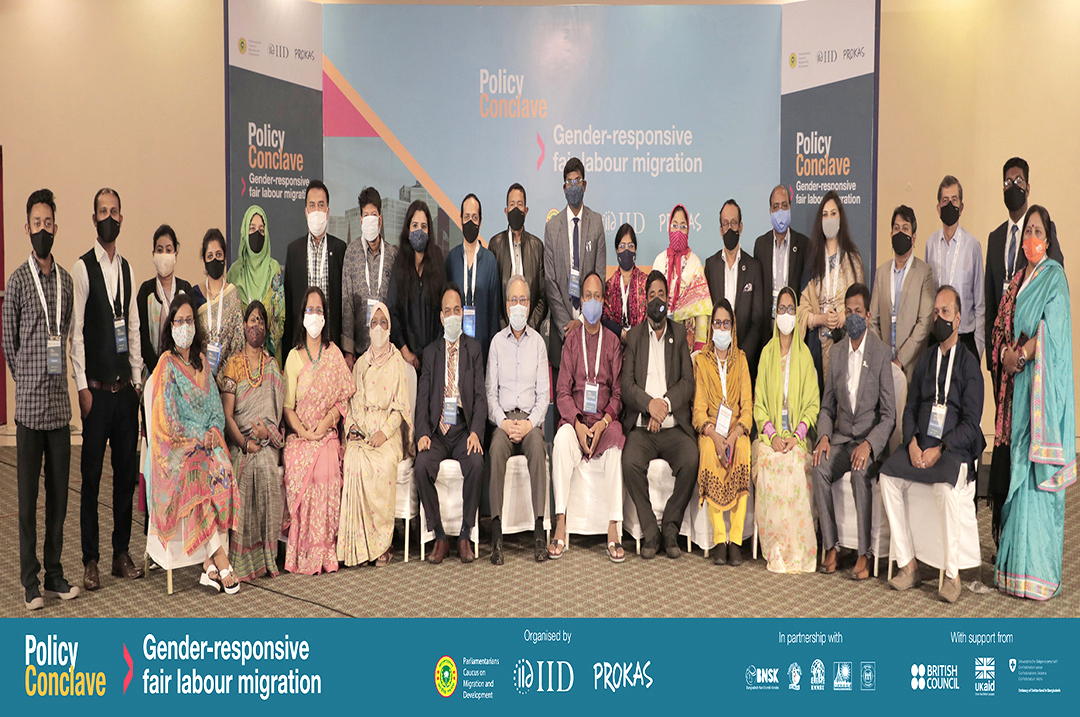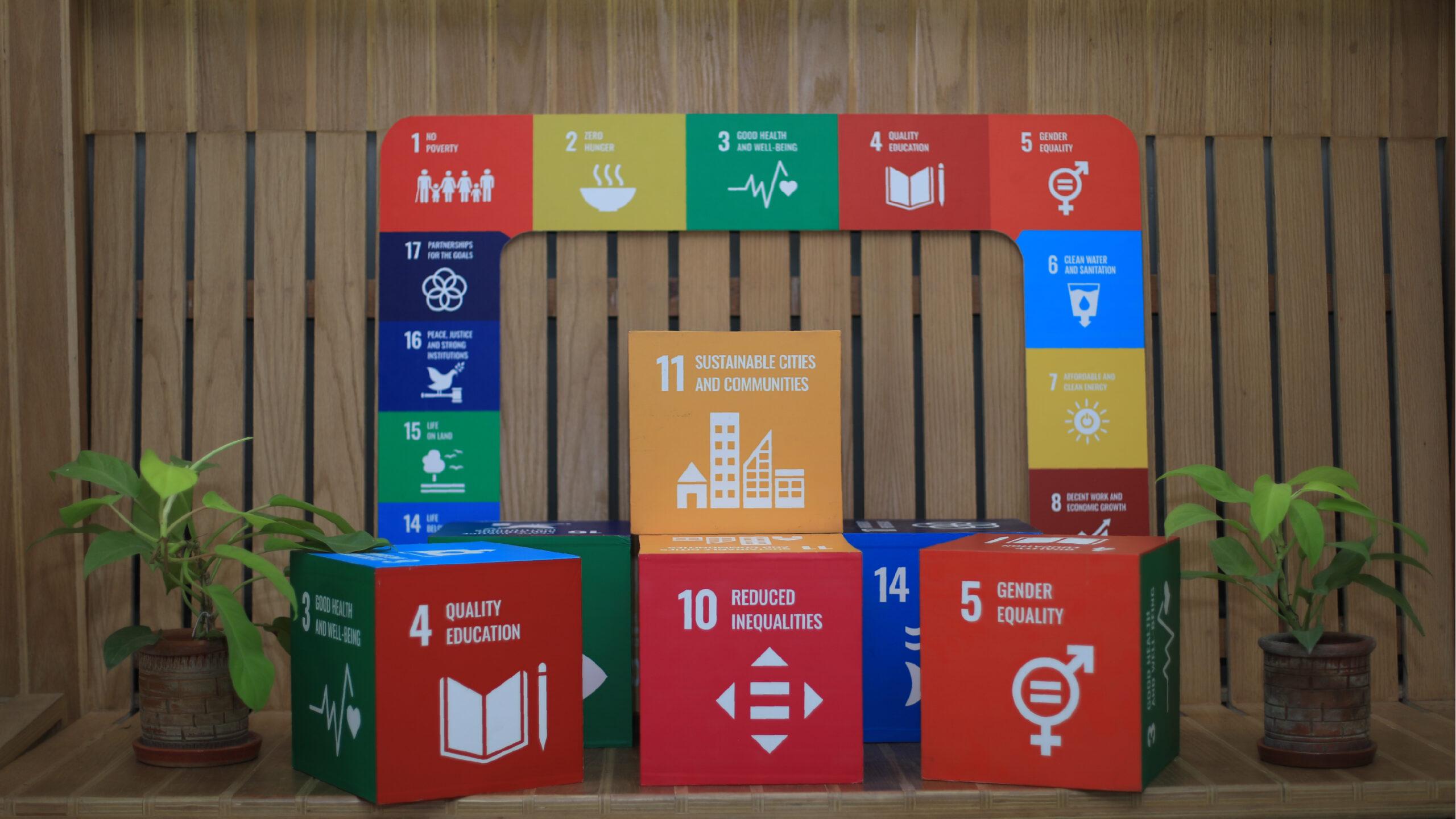It is imperative to localize and contextualize a global assessment tool before finalizing it for implementation. With this view, IID pre-tested the PALICE tools- learning through play (LtP) assessment tools in the field as part of the pilot preparation process before conducting a larger-scale pilot testing.
As part of the PALICE (Play and Learning in Children’s Eyes) initiative, IID – in collaboration with FHI 360 – developed two assessment tools: FORA (Formative Observation and Reflection Assessment) and CELP (Children’s Experiences of LtP Protocol) that can be utilized by educators to assess whether children in classrooms are learning through play (LtP). It helps the teachers better understand how children engage in play and use that understanding to thoughtfully design learning through play opportunities for their students. Prior to implementation, it is essential to confirm that the tool is contextually appropriate for Bangladeshi educators because it is being created in partnership with a group of international education professionals.
With this aim, the pre-test of PALICE (Play and Learning in Children’s Eyes) tools began in the Gaibandha district on 2 April 2022. IID’s education unit organized a day-long workshop with the goal to train school-level educators on the usage and application of FORA and CELP tools. The workshop brought together a total of 20 educators. After the training, the educators started administering the tools in their classrooms at the local primary schools.
The objective of the pre-test is to gather educators’ overall impressions and experiences using the tools and understand the feasibility of tool application in local contexts. Data gathered through this pre-test will inform revisions to the FORA and CELP prior to a larger pilot with additional teachers. The main agenda was to help educators comprehend the idea of learning through play (LtP), its traits, and the PALICE tools that can be used to evaluate children’s learning processes.
The experience, lessons learned, and data from the pre-test will be used to refine the tools and determine if they are contextually appropriate. This preliminary analysis will enhance the larger study’s validity, consistency, accuracy, and effectiveness.











